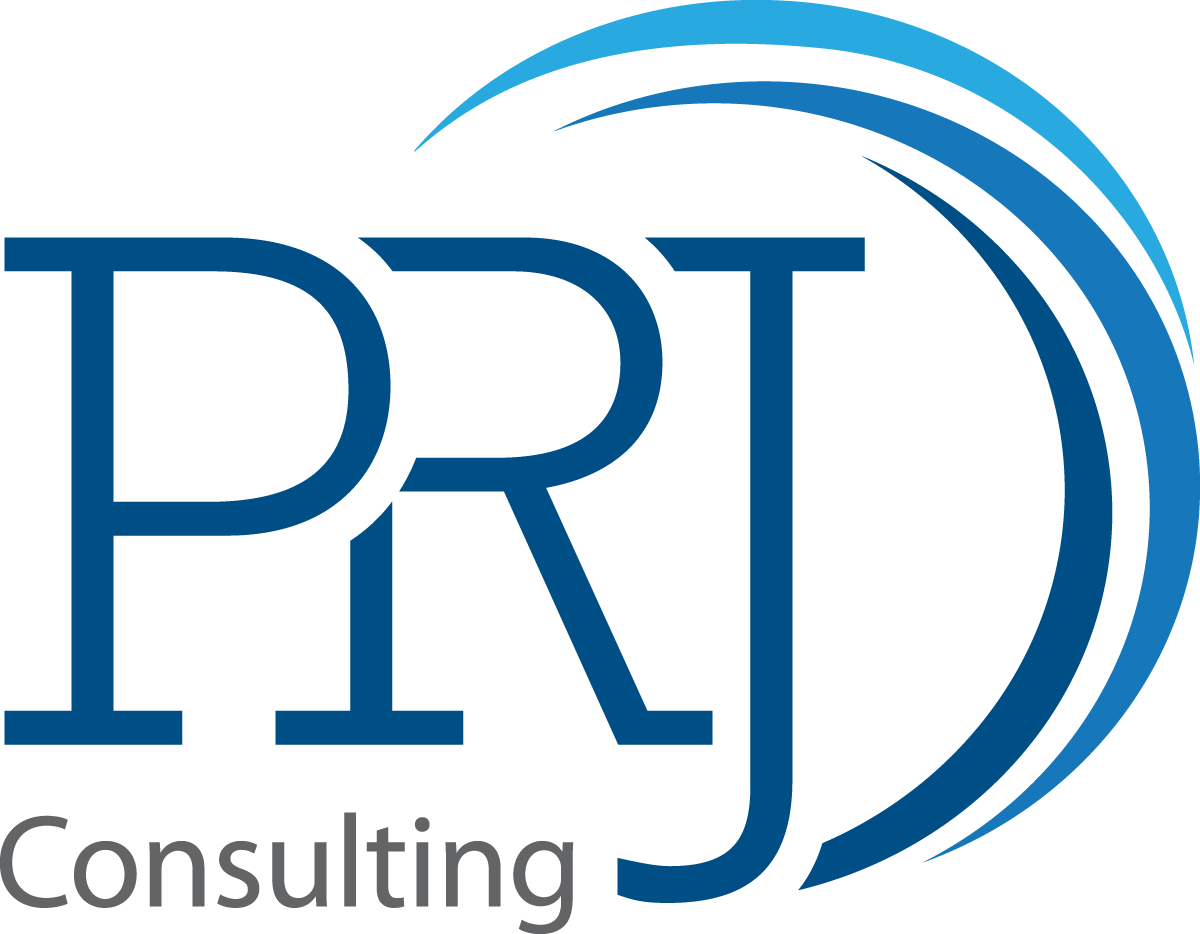Gratitude in the Workplace: Why Thankfulness Is Good for Business
As Thanksgiving approaches, many of us pause to reflect on what we’re grateful for. At work, that same spirit of gratitude can do far more than create warm feelings — it can strengthen culture, deepen trust, and even improve retention.
The Business Case for Gratitude
Studies consistently show that employees who feel recognized and appreciated are more likely to stay, engage, and perform at a higher level. Gratitude helps people feel seen and valued, which matters just as much as a paycheck when it comes to loyalty and motivation. In short: saying “thank you” pays dividends.
Beyond the “Thank-You” Email
Gratitude doesn’t have to be elaborate or expensive. What matters is authenticity and consistency. A few ideas that can make a lasting impact:
Manager-to-Employee Recognition: A simple, sincere acknowledgment of good work builds confidence and connection.
Peer Shout-Outs: Encourage teams to celebrate one another’s wins, not just their own.
Small Gestures, Big Meaning: Hand-written notes, public kudos, or flexible time off after a big project all communicate care.
Recognition Meets Compensation
Formal recognition programs, market-competitive pay, and transparent communication about rewards are all extensions of gratitude. When employees understand why they’re paid what they’re paid — and see fairness and consistency behind those decisions — gratitude becomes mutual.
Making Gratitude a Year-Round Practice
While Thanksgiving is a natural time to focus on appreciation, organizations that weave gratitude into daily operations see the greatest impact. It becomes part of leadership language, performance reviews, and team meetings — a habit that fosters belonging and purpose.
At PRJ Consulting, we help organizations build compensation and rewards strategies that recognize and value people in meaningful ways. Gratitude may start with words, but lasting impact comes from structure, consistency, and a genuine commitment to fairness.

